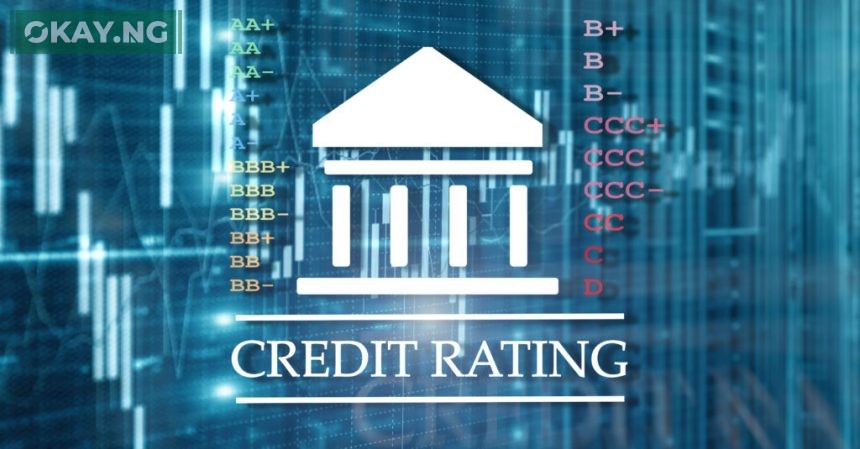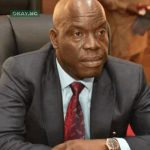Fitch Ratings has upgraded Nigeria’s long-term foreign currency debt rating to B, signaling increased confidence in the nation’s economic reforms. This move, while still placing Nigeria within the speculative-grade category, reflects a positive shift in international financial perception.
“The upgrade reflects increased confidence in the government’s broad commitment to policy reforms implemented since its move to orthodox economic policies in June 2023, including exchange rate liberalisation, monetary policy tightening and steps to end deficit monetisation and remove fuel subsidies,” stated Fitch in a recent press release.
This upgrade follows Fitch’s May revision of Nigeria’s outlook from stable to positive, maintaining the previous B- rating. The current B rating, though an improvement, underscores the ongoing economic vulnerabilities, as it remains “below investment grade and highly speculative.”
President Bola Tinubu’s administration has spearheaded significant policy changes, notably the elimination of costly fuel subsidies and the liberalization of the naira. While these reforms have garnered praise from international bodies like the World Bank, they have also contributed to a sharp rise in domestic inflation, placing considerable strain on Nigerian citizens.
Read Also: Nigeria’s Debt Service Drops, IMF Assesses Sustainability Amidst Economic Reforms
The timing of this upgrade coincides with a period of fiscal uncertainty. The recent decline in global oil prices poses a substantial threat to Nigeria’s budget, which relies heavily on oil revenue. Oil contributes approximately 50% of the federal budget funding and a significant portion of foreign currency earnings. The budget was predicated on an oil price of $75 per barrel, but prices have since dipped to $63 per barrel amid escalating trade tensions and concerns of a global economic slowdown.
This drop in oil revenue requires careful economic management to mitigate potential fiscal deficits. As a financial news writer, I understand the delicate balance between reform and the real-world impact on everyday citizens. The immediate effects of these reforms, while necessary for long-term stability, are undeniably challenging for many.
The challenge now is to maintain the reform momentum while mitigating the adverse effects on the populace. The rating improvement by Fitch is a sign of trust, but that trust needs to be supported by tangible improvements in the standard of living for Nigerians. The international community is watching, and so are the Nigerian people.













